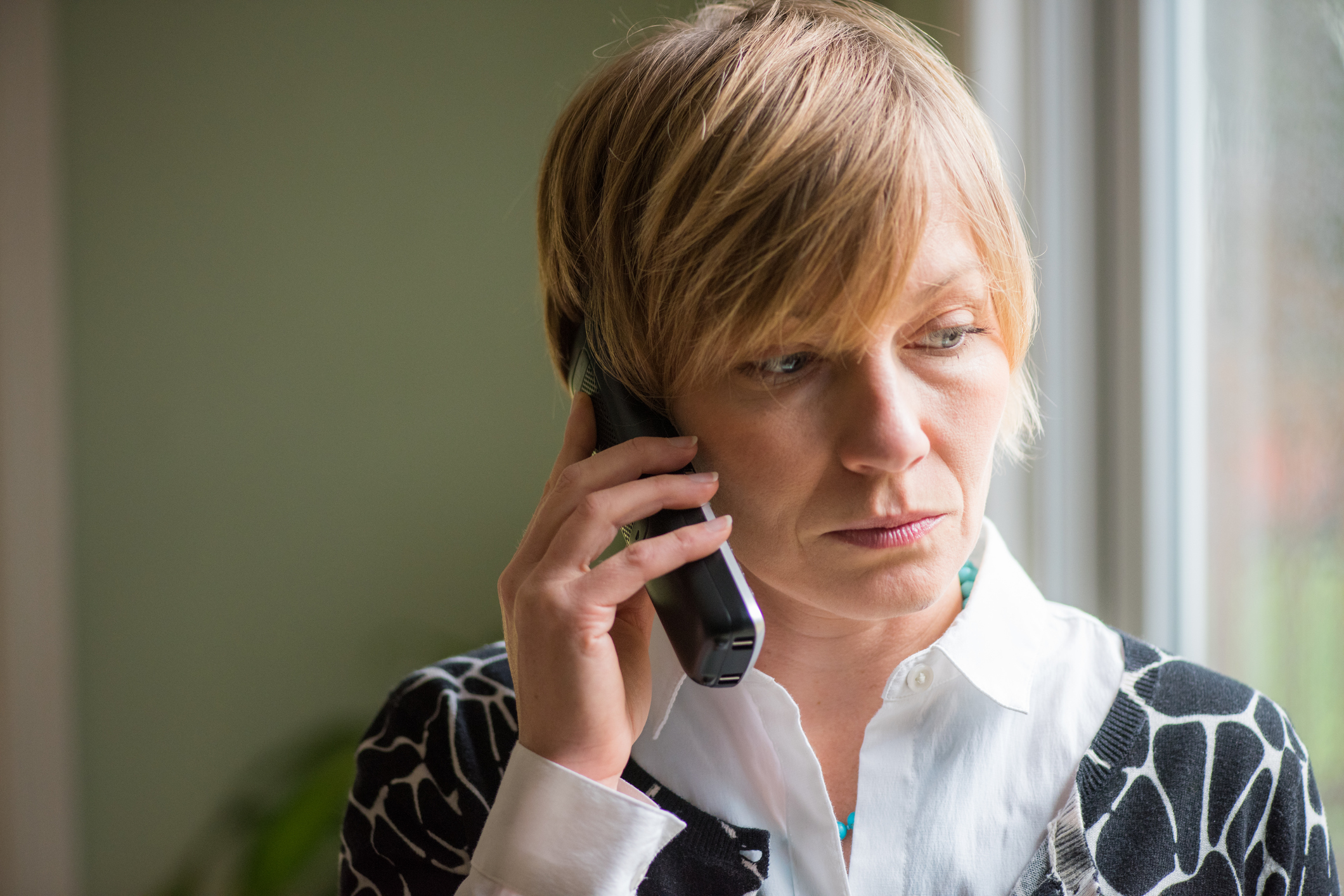Bone scans
Bone scans can check for signs that cancer has spread to the bones.
What are bone scans?
A bone scan looks for changes in your bones like arthritis or infection. Bone scans can also help spot cancer that has spread to your bones. Bone scans are more sensitive than x-rays and show any changes in your bones more clearly than x-rays.
If you are pregnant or breast feeding, phone the department where you are having the bone scan in advance. You may need to stop breastfeeding for a short period of time after having the bone scan. The staff in the department can tell you.
DEXA scans are a different type of bone scan. They are used to check the density and strength of bones to see if there is any bone thinning (osteoporosis). They don’t use radioactivity. Read more about DEXA scans.
Before the test
A few hours before the scan you will have an injection of a very small amount of a mildly radioactive substance (radionuclide). The injection is usually into your arm.
You will then have to wait for 2–3 hours for the radionuclides to travel through your body and collect in your bones. It’s nice to have someone with you to keep you company if you’re having this test, or bring a book to read, as it takes a while and involves a bit of waiting around.
During the test
When the radionuclides have passed through your body, you’ll be asked to lie down on an X-ray table. A camera will then scan your entire body. Abnormal bone absorbs more radioactivity than normal bone, so these areas will show up on the scan as areas of activity known as ‘hot spots’. The scan can also show bone changes like arthritis.
Will I have pain relief/anaesthetic?
No - apart from a small prick from the injection, you shouldn’t have any pain.
How long does it take?
You will have to wait around 2–3 hours after having the injection. The scan itself lasts for up to an hour and you’ll be able to go home immediately afterwards.
After the test
The amount of radioactivity used in these scans is very low and safe and will disappear from your body within a few hours. You should drink plenty of fluids for the rest of the day to help to flush the radionuclides out of your body.
A small amount of the radionuclide remains in your body for a short time after the scan. So, try to avoid close contact with pregnant women, babies and young children for 24 hours after the injection.
Please talk to your radiographer about anything else you may need to do after the scan.
Bone scan video
Cancer Research UK has a helpful video about bone scans.
Related links



Talk to a Cancer Nurse

Support Line
Our Daffodil Centres

